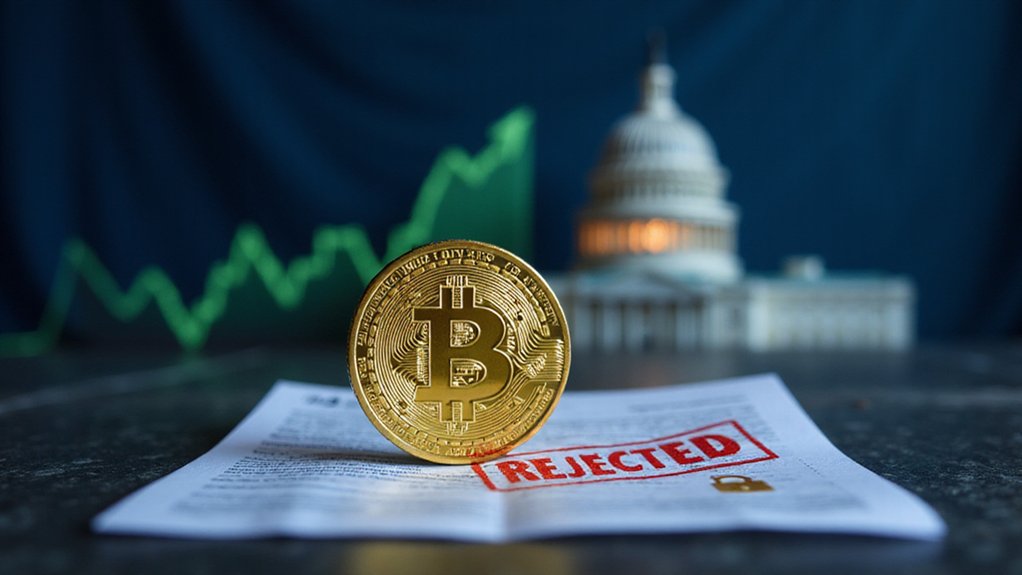Multiple international law enforcement agencies have collaborated in a sweeping operation to seize Garantex, one of Russia's largest cryptocurrency exchanges. The U.S. Secret Service led the seizure of Garantex's domain, working alongside the FBI, Europol, and the Department of Justice's Criminal Division. Dutch, German, Estonian, and Finnish authorities also participated in this coordinated effort. The seizure warrant was obtained through the U.S. Attorney's Office for the Eastern District of Virginia.
Founded in 2019 by Stanislav Drugalev and Sergey Mendeleev, Garantex operated from Moscow's Federation Tower skyscrapers. The exchange specialized in converting rubles to other currencies, serving as a crucial financial gateway for Russian cryptocurrency users. However, its operations extended beyond legitimate services.
Established as a ruble-to-crypto gateway in Moscow's elite business district, Garantex quickly expanded into shadowy financial operations beyond public view.
Garantex had been under scrutiny for some time before this seizure. The U.S. Treasury sanctioned the exchange in April 2022, followed by EU sanctions in March 2025. Authorities linked the platform to over $100 million in transactions with darknet markets, including associations with the Conti ransomware gang and Hydra darknet market. Estonia revoked Garantex's license in February 2022 due to anti-money laundering and counter-terrorist financing violations.
The operation intensified when Tether blocked Garantex wallets holding over 2.5 billion rubles. This freeze prompted the exchange to suspend all services, including cryptocurrency withdrawals. On its Telegram channel, Garantex claimed Tether had "entered war against Russian crypto market." The exchange admins promptly notified their customers about the domain seizure through Telegram messaging.
Law enforcement's domain seizure replaced Garantex's website with a notice hosted on usssdomainseizure.com. The official webpage now displays a seizure notice stating the domain was seized under a warrant. This action represents a significant blow to Russia's cryptocurrency ecosystem, disrupting the ability to convert rubles and conduct foreign transfers using digital currencies. The seizure exemplifies the evolving regulatory framework developed to protect investors from counterparty risks associated with cryptocurrency exchanges.
A Russian parliament member characterized these actions as Western pressure on the crypto market. The seizure highlights the ongoing challenges in combating crypto-based financial crime, particularly as Garantex allegedly facilitated transactions for ransomware gangs, Hezbollah, other designated terror groups, and drug operations in Ukraine.





